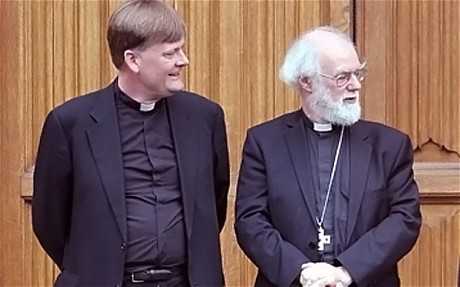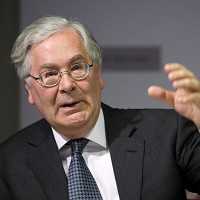İPEK YEZDANİ
ISTANBUL – Hürriyet Daily News
British Foreign Minister William Hague announced last week that there would be a shift of resources in Britain’s diplomatic missions around the world. AP photo
British Foreign Minister William Hague announced last week that there would be a shift of resources in Britain’s diplomatic missions around the world. AP photo
The United Kingdom has decided to expand its diplomatic missions in Turkey due to the country’s increasing international importance, the charge d’affaires of the British Embassy in Ankara told the Hürriyet Daily News on Monday.
Turkey’s growing role in the Middle East, its membership in the G-20 and its becoming more vocal and active around the world were among the factors that contributed to the decision, according to embassy official Giles Portman.
“We are focusing on the countries that we think are going to have a global influence in the future,” he said. “In all the consulates in Europe we will be reducing our staff; Istanbul is the only consulate in Europe where we are growing our political staff.”
British Foreign Minister William Hague announced last week that there would be a shift of resources in Britain’s diplomatic missions around the world. Besides significantly increasing its presence in emerging superpowers China and India, Hague said the U.K. would also make a substantial expansion of its diplomatic strength in Brazil, Turkey, Mexico and Indonesia.
“This is something that is going to boost our power of influence, particularly in the most powerful economies in the future. Turkey was identified as one of those important countries,” Portman said, adding that there would probably be new consulates opening in several big cities in Turkey.
“The names of the cities are not certain yet but we might open subordinate consulates on the south coast of Turkey as well as in some big industrial cities such as Bursa and Kayseri,” he said.
The embassy in Ankara and the consulate in Istanbul will also get bigger, with a combination of more senior British diplomats and senior Turkish staff based in both cities, Portman added.
‘Istanbul is very important’
The growth in Istanbul while other European consulates reduce staff show that “Istanbul is very important for us,” Portman said.
“We have actually been expanding in Turkey for several years now. We have a new strategic partnership that was launched last year,” he said. “But what the foreign secretary wanted to do is to make a strategic shift by reducing some of our staff in some European countries and focusing on the countries that we think are going to have a global influence in the future.”
According to Portman, Turkey “is a vital partner in NATO, has an important influence in Middle Eastern countries as an EU candidate and negotiating country, is very popular with British tourists and is a country with which we certainly want to double our trade.”
All of these factors “make Turkey very important to us,” he said, explaining that this is “why we decided to focus even more resources on Turkey in the future.”
Portman said the new missions would focus closely on the “prosperity agenda,” which he said “means support for Turkey but also support for British business. It is also about increasing our trade link and continuing our support for Turkey’s EU accession.”
The shift in resources might also create new areas of work in the consulates’ commercial and trade areas, Portman said. “We want to continue our work on increasing prosperity and work on things like energy security and energy cooperation with Turkey,” he added.






